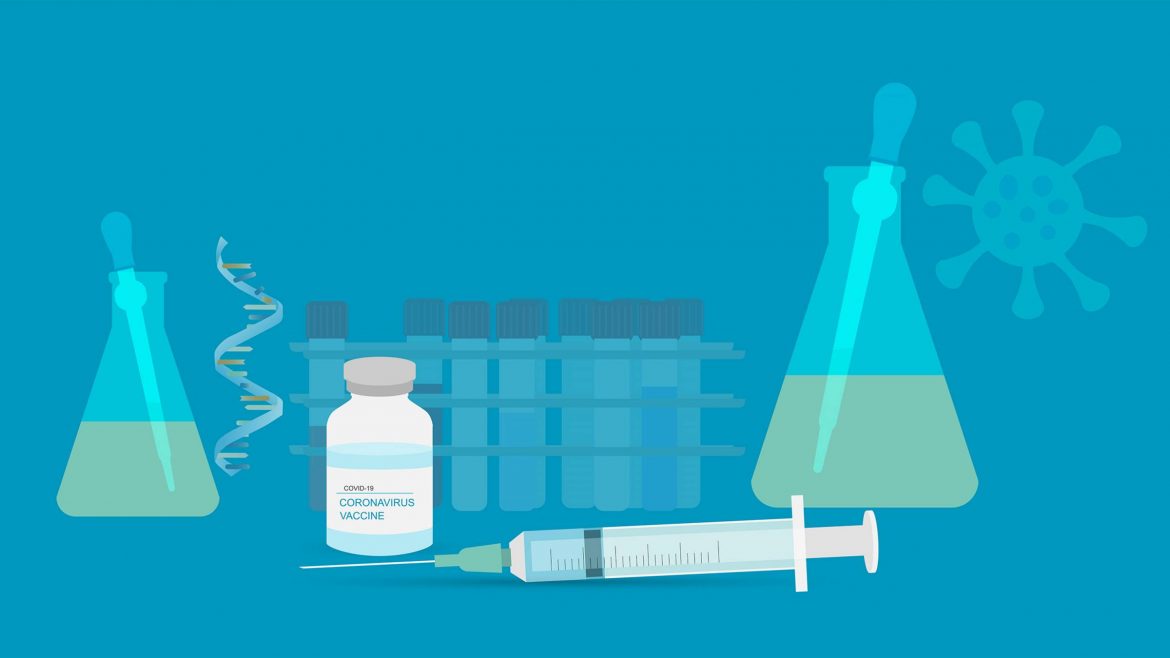The Centre informed the Supreme Court that there was no legal requirement to get vaccinated against COVID-19.
The Centre argued in an affidavit filed before the Supreme Court that the idea of informed consent is inapplicable to the voluntary use of a medicine such as a vaccination.
“While the Government of India strongly encourages all eligible persons to undertake vaccination in public interest, there is no legal compulsion for the same,” the affidavit read. The statement came in response to a petition filed by two parents whose children reportedly died as a result of the COVID vaccine’s negative effects.
If a person experiences bodily harm or death as a result of Adverse Events Following Immunization (AEFI), the vaccination beneficiary or their family have legal options, including filing a claim for damages/compensation in civil courts for negligence, malfeasance, or misfeasance.
“Such claims may be determined on a case-to-case basis in an appropriate forum,” the Centre said further submitting: “there is no material evidence to suggest how the State can be fastened with strict liability for the tragic death of the respective children of the petitioners which is the requirement in law to sustain a claim for compensation against the State under Article 32 of the Constitution.”
The union government, on the other hand, stated that the facts contained in this affidavit demonstrate how the Government of India has taken significant steps to ensure a safe National COVID-19 Vaccination Program.
The Centre further stated that both the vaccine manufacturer and the Ministry of Health and Family Welfare make information on COVID-19 inoculation openly available in the public domain (MoHFW).
AEFIs have been recorded for every vaccination in the globe, just as side effects in medication. A vaccine beneficiary can always get more information about the vaccine and its potential side effects from health workers at the vaccination site or their doctor before making an informed decision on their own, according to the government, who claims that once a vaccine beneficiary has access to all relevant information and voluntarily chooses to enter a vaccination centre and receive vaccination, the issue of lack of informed consent is resolved.
The Centre has opposed the petition seeking compensation from the respondents for the deaths of their respective children, claiming that causation analysis revealed that the death of the first petitioner’s daughter was caused by a vaccine product-related reaction, while there is insufficient evidence to reach a definitive conclusion in the case of the second petitioner’s daughter.
The Centre further said that the National AEFI Committee and Secretariat’s existing structure for monitoring, investigation, and analysis of AEFIs is appropriate, effective, transparent, and directed by worldwide best practises and scientific medical specialists.
“The Petitioners’ request for an independent examination of AEFI cases should not be granted by this Court because it would cast doubt on the existing regulatory and AEFI monitoring mechanisms and undermine the public interest. It should be underlined that the Petitioners have failed to demonstrate how the existing AEFI monitoring and investigation mechanism has proven ineffective in this case “The Centre urged the court to dismiss the plea.





